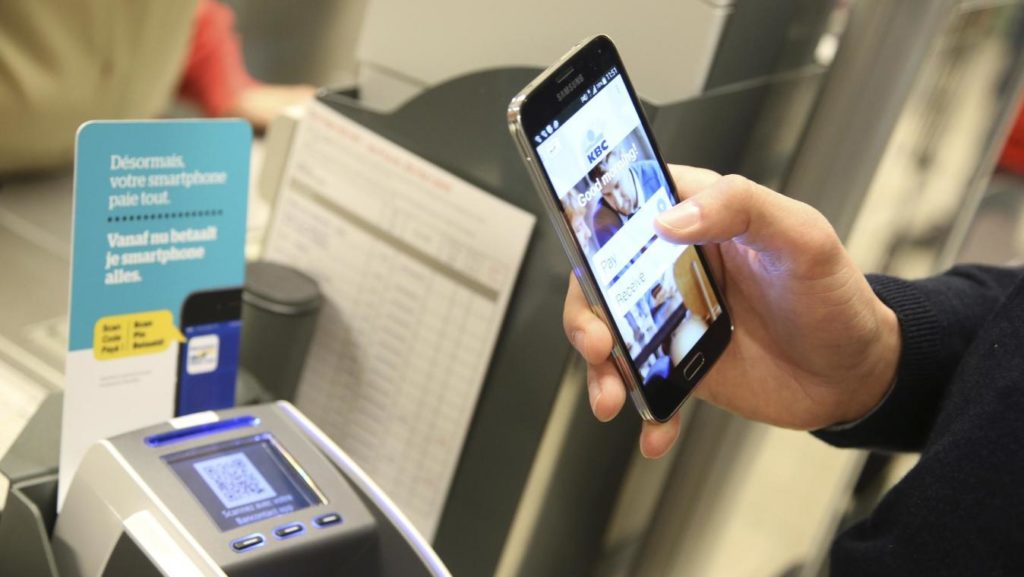Only a few days into the summer sales, Belgian retailers and online stores are already recording record numbers of purchases, electronic payments solutions company Worldline reports.
On the first day of the sales on 1 July, some 12.8 million electronic transactions were recorded in Belgium, both in physical and online stores. This, Worldline says, is an absolute record.
This record number of sales also coincides with Digital Payment Day in Belgium. As of 1 July, all Belgium stores are required to accept electronic payments in a bid launched by the government to crack down on fraud.
Payment platforms and financial groups Febelfin, Bancontact, Mastercard, Visa, and Worldline are promoting the event to push for a greater switch to everyday digital purchases, be it by card, smartphone, watch, or other wearable devices.
Changing habits
According to data from Worldline, digital payments are becoming increasingly popular in Belgium. “More and more people are switching from coins and banknotes to their payment card or smartphone,” the company noted.
Recent studies conducted by the Vrije Universiteit Brussel (VUB) have shown that some 84% of Belgians prefer digital payments.
During the pandemic, the use of contactless cards has also massively grown in popularity. This year, some 74% of Belgians paid with their contactless card at least once, compared to just 47% before the pandemic.
“The Covid-19 crisis has had a lasting impact on the payment behaviour of Belgians,” note Leo Van Hove and Ellen Van Droogenbroeck from VUB. “40% of the 55 to 64-year-olds have already made contactless payments before the coronavirus…this year it rose to 81%.”
Related News
- Bpost tries out reusable parcel packaging
- 'Operation Red Devil': Amazon set to launch Belgian webshop
Belgians are even getting to grips with QR code payments. 40% of Belgians have now used this innovative payment method, compared to 30% before the pandemic.
The use of cash is rapidly falling out of favour. Before the pandemic, some 72% of Belgians reported using cash to pay for purchases every week, compared to just 59% today. Now Belgians keep just €55 in their pocket, compared to €61 before the public health crisis.
Digital payments are helping to save on a shortage of 5 and 10-cent coins, which due to the increased material costs from the war in Ukraine, are increasingly difficult to mint.

